Milk substitutes are those food products that are most commonly used by people who are lactose intolerant. Usually these are soy-based products that are very good sources of high quality plant-based proteins, unsaturated fatty acids and others.
Lactose intolerance can be expressed in gastrointestinal discomfort, diarrhea and more. Taking milk substitutes improves the condition of patients and relieves their symptoms.
Milk substitutes are beverages of plant-based origin which are similar to animal milk not only in texture and color but also in composition. They are most frequently made from soya, rice, oats, almonds, hazelnuts, cashews, coconut.

There are 2 ways to obtain these types of milk substitutes: to make them yourself at home or buy they ready-made from the store. There's no shortage of recipes for homemade, plant-based milk.
What you need is the raw material (soya, nuts, rice, coconuts etc.), water, some kind of sweetener (sugar, honey, stevia) and a good blender.
Soy milk is perhaps the most common and is easily found in nearly all large supermarket chains. Truth be told, it is also closest to cow's milk in taste and color.
Regardless if we're talking about organic soy milk or not, there are huge shortcomings to soya in general. Many people imagine a vegetarian or vegan diet consisting mainly of soya products. That is not the case.
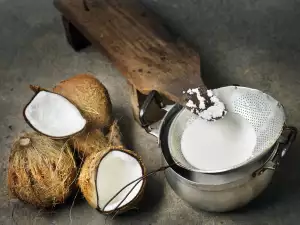
Generally, 80% of the soya sold commercially is genetically modified. The probability of falling into the 20% of natural soya is minimal.
As well, taking soya disrupts the hormonal balance of the human body. It's especially dangerous for women. Soya is a potent phytoestrogen, which is similar to estrogen (found naturally in the human body).
Almond milk has quite a sharp and at times bitter almond taste but is extremely healthy. So if you don't like almonds you won't like almond milk either.
The taste of a dish made with coconut milk is much richer and pleasant and does not leave a heavy bloated feeling, as with milk from animal origin.
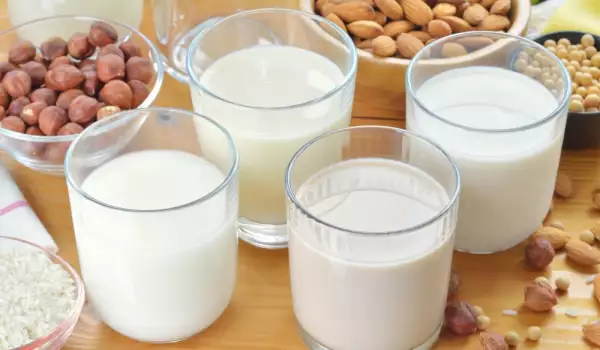

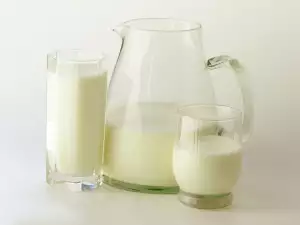










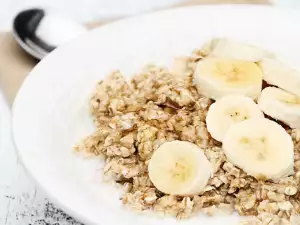
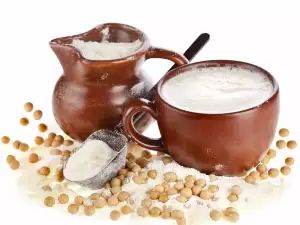
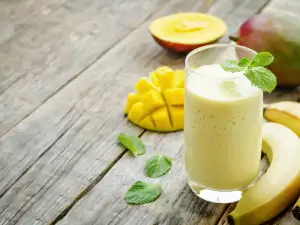




Comments